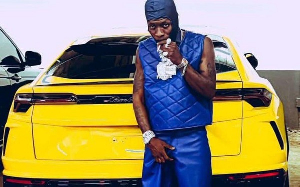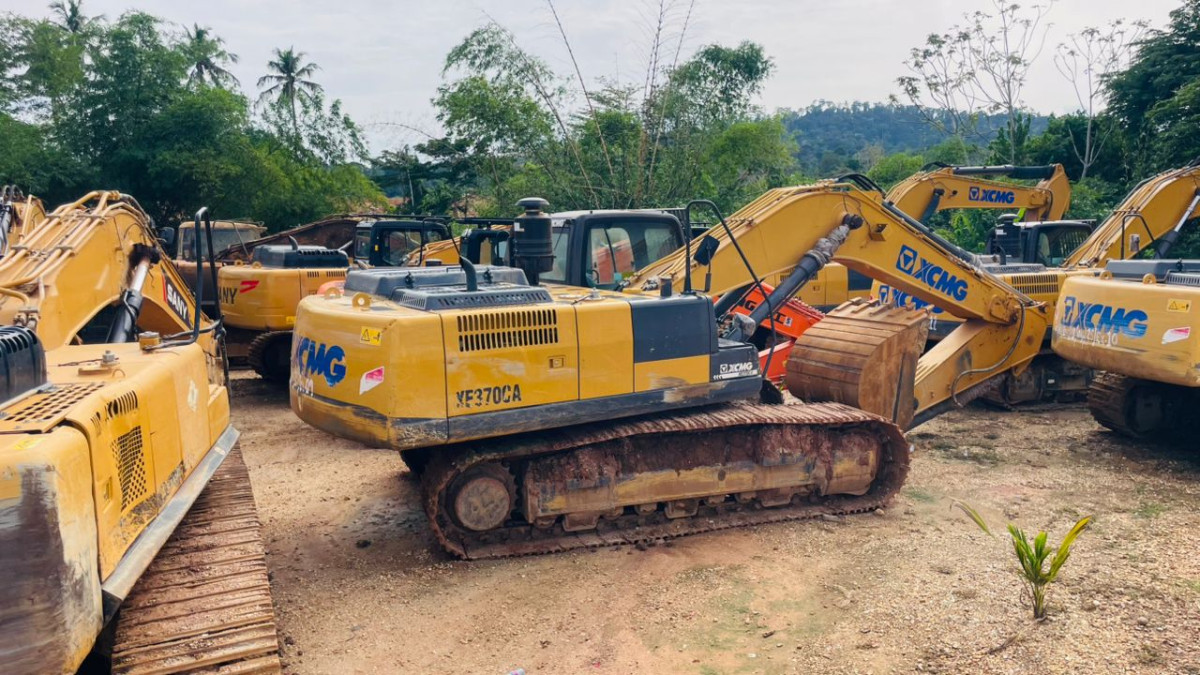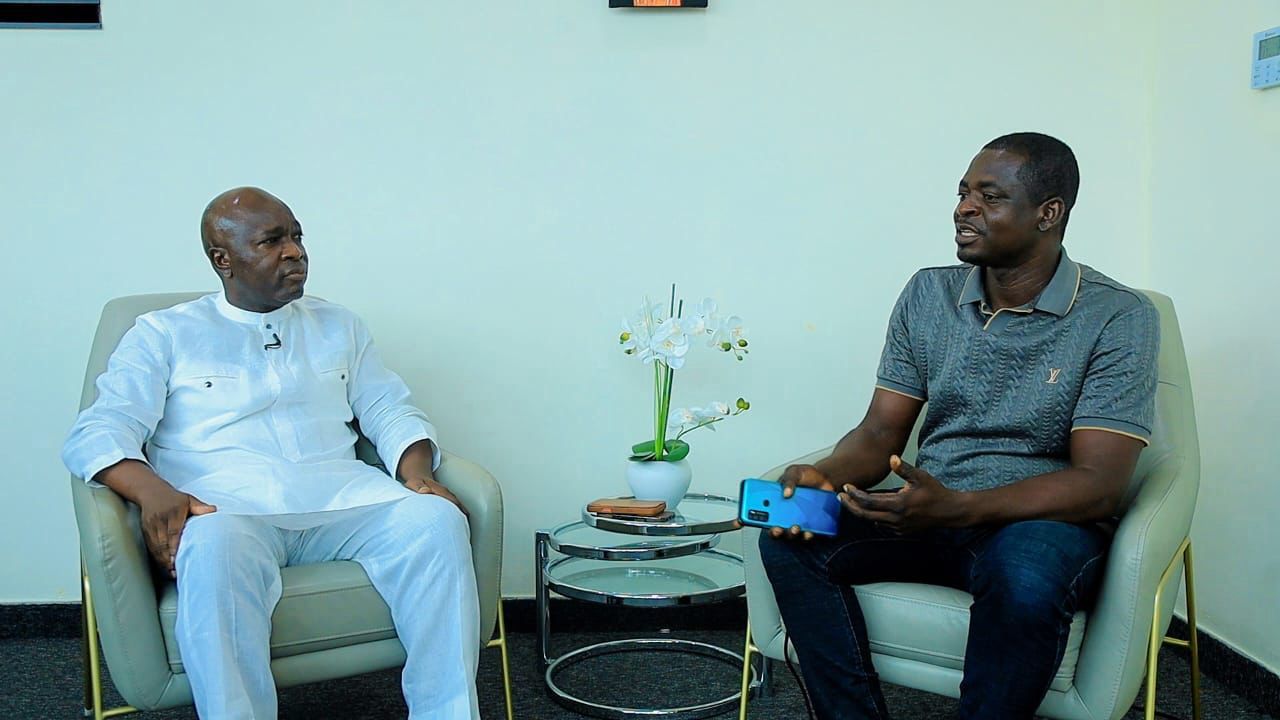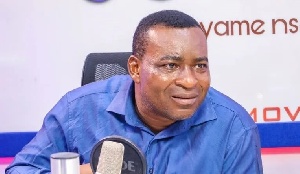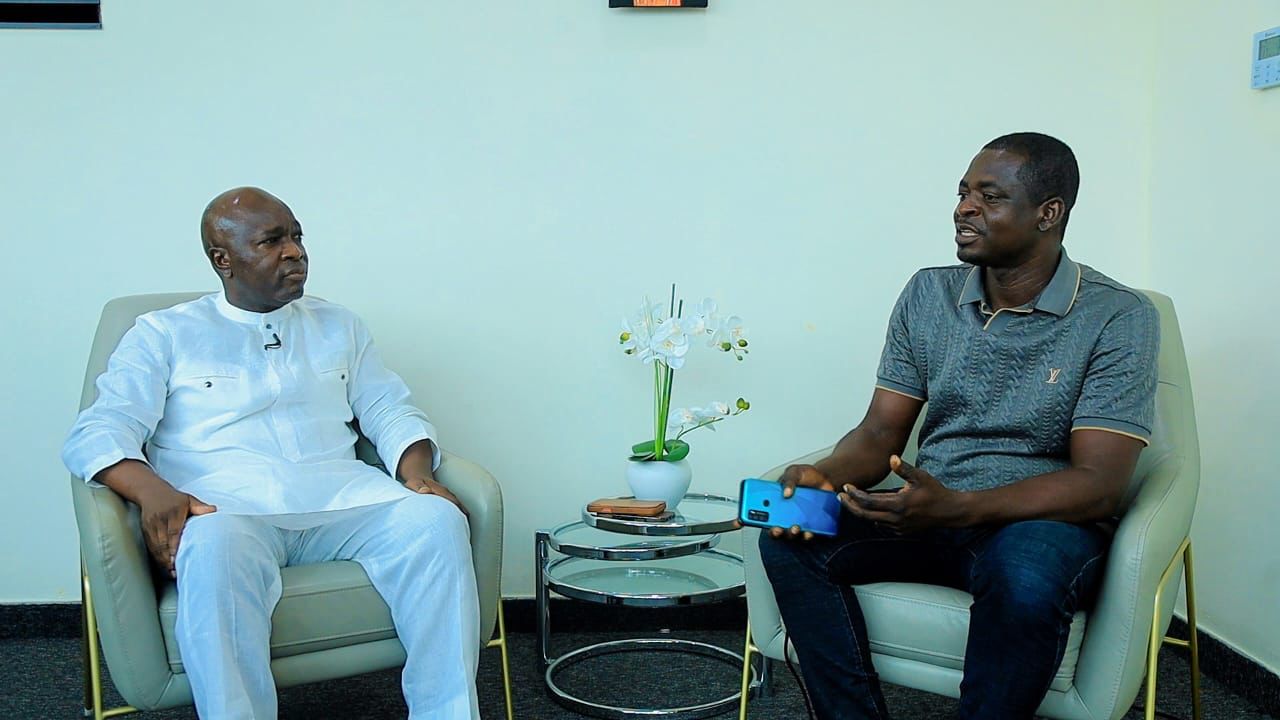A high-profile investigation involving dancehall artist Shatta Wale and the seizure of a luxury vehicle allegedly tied to a $4 million international fraud scheme has reignited calls for legislative reform in Ghana’s fight against illicit wealth.
Andrew Appiah-Danquah, a private legal practitioner and spokesperson for the opposition-aligned Movement for Change, is urging lawmakers to enact comprehensive legislation to address unexplained wealth and implement lifestyle audits, echoing similar frameworks in jurisdictions such as the United Kingdom.
Speaking on Channel One TV’s The Big Issue on Saturday, Mr. Appiah-Danquah described Ghana’s existing legal apparatus as “fragmented and ineffective” when it comes to tracking and prosecuting illicit enrichment.
“So EOCO, FIC – they need to look seriously at lifestyle audit issues,” he said, referring to the Economic and Organized Crime Office and the Financial Intelligence Centre. “In the UK, they have the Unexplained Wealth Order. We don’t have anything like that here. It’s time we consolidate our laws into a comprehensive regime that addresses this head-on.”
The remarks come in the wake of EOCO’s ongoing investigation into Shatta Wale’s acquisition of a 2019 Lamborghini Urus, which authorities allege may be linked to proceeds from a U.S.-based fraud operation masterminded by Ghanaian national Nana Kwabena Amuah, who is currently serving a prison sentence in the United States.
In coordination with the FBI and the U.S. Department of Justice, EOCO impounded the vehicle earlier this month. Shatta Wale, whose real name is Charles Nii Armah Mensah Jr., was reportedly questioned for nearly four hours. According to EOCO, the artist failed to identify the seller, claiming only that he purchased the vehicle “from the street.” He also failed to provide ownership documentation beyond a customs declaration in Amuah’s name.
The musician was subsequently released on revised bail terms after several days of legal proceedings and widespread public attention.
Mr. Appiah-Danquah praised EOCO for expanding its focus beyond politically exposed individuals and called for greater enforcement of Ghana’s Anti-Money Laundering Act.
“For too long, EOCO has been perceived as a political tool, primarily targeting politicians,” he said. “But economic crime extends well beyond the political class. It’s time they treat the Anti-Money Laundering Act and related laws with the seriousness they deserve.”
Ghana has faced mounting pressure in recent years to improve its financial oversight and anti-corruption mechanisms, particularly amid increasing concerns over high-profile cases involving unexplained displays of wealth.
Analysts say the Shatta Wale case could serve as a litmus test for the government’s willingness to pursue financial transparency — regardless of the profile of those involved.



